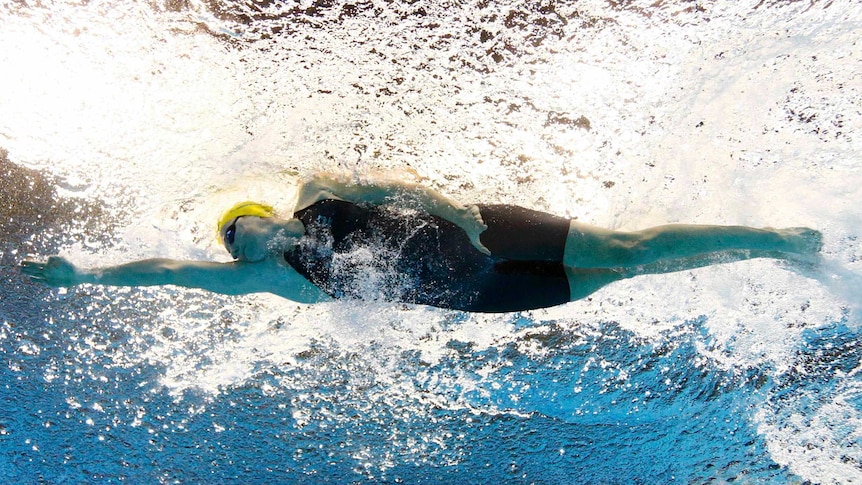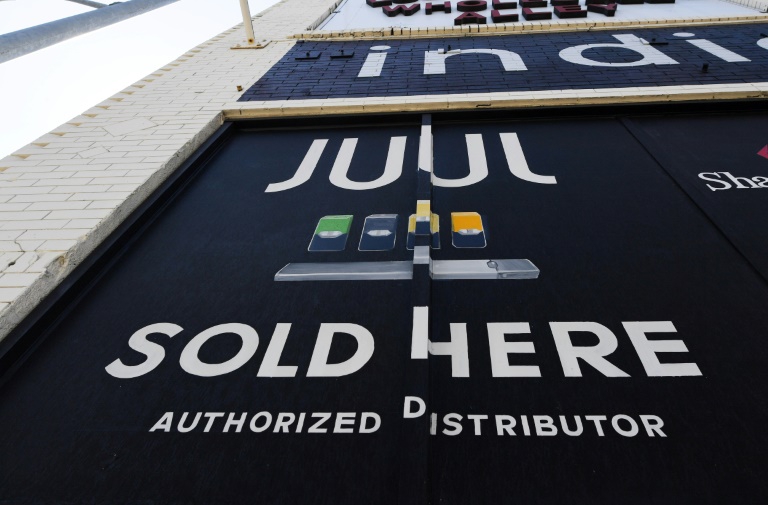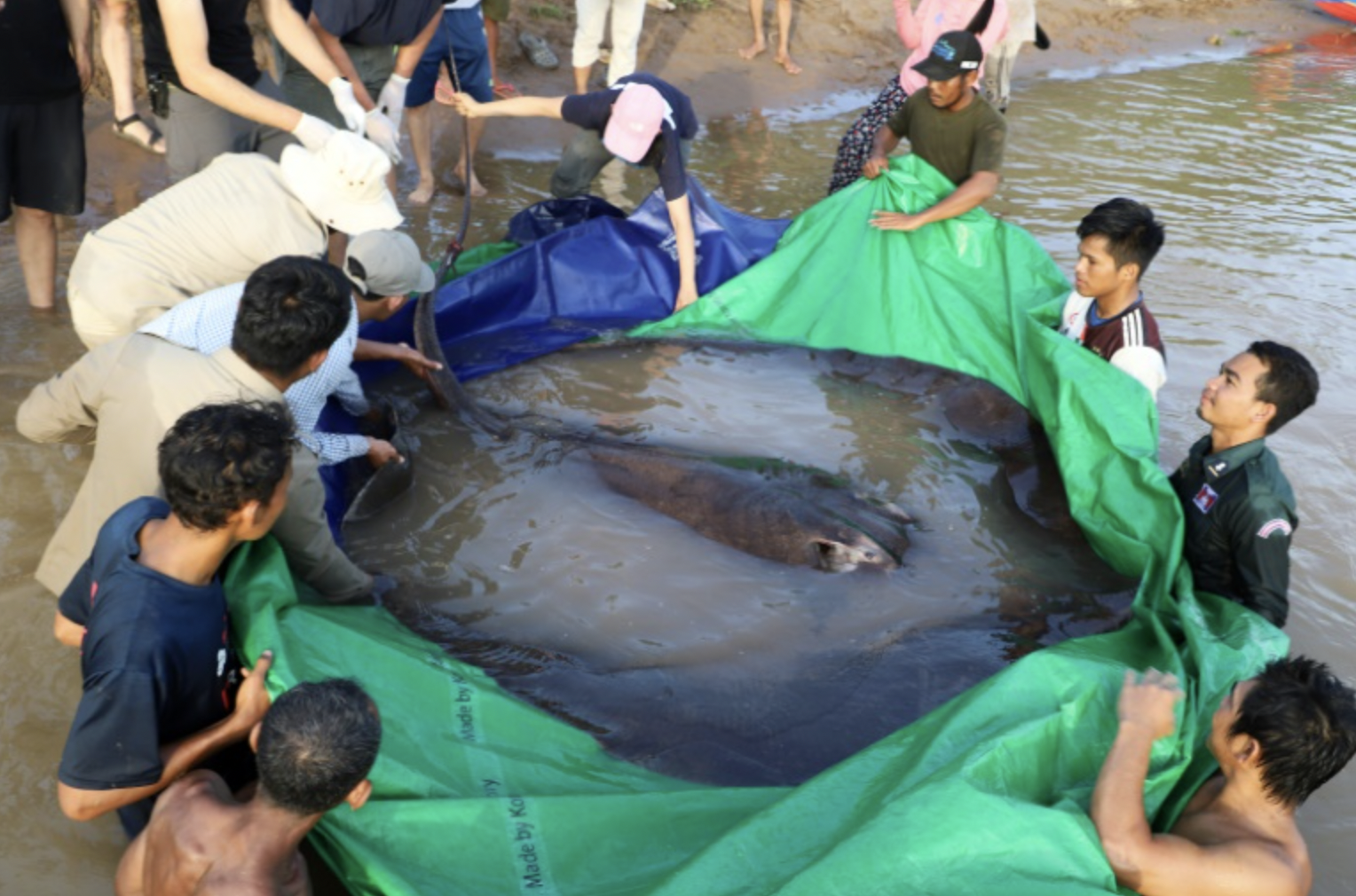The Question
Are sanctions an effective coercive tool?
Talking Points

- Britain's rail strike spread to other struggling sectors
- Macron's French parliamentary majority evaporated
- Germany edged closer to rationing gas
- Ukraine and Moldova started on a long path to EU accession
- Israel's dysfunctional political system forced another election
- Rupert Murdoch sought a fourth divorce
- Colombia elected its first-ever leftist president
- Matt Fitzpatrick hit a perfect shot to win the US Open
- Dozens died as rains inundated India and Bangladesh
- Southern China was also swamped by its worst rains in 50 years
Deep Dive

Afghanistan has suffered its most-deadly earthquake in two decades. The scale of destruction is, in the words of one official, "far beyond imagination". But a fight is brewing over emergency aid and who receives it.
The Hindu Kush shook
Afghanistan's mountain are the stuff of fables. Vast ranges soar upwards to fill the vision. They appear to have been dropped like curtains from the firmament. The entire east of the country is studded with the precipitous peaks of the Hindu Kush and Safeed Koh. These mountains, serene in summer, impassable in winter, are just the outermost vestiges of a great violence happening beneath the earth. Afghanistan sits at the meeting place of the Eurasian, Indian, and Arabian tectonic plates. The Eurasian is crashing into, and crumpling against, the Indian plate. Both are uniquely buoyant and refuse to be swallowed and subducted by the other. After 115 million years of stubbornness we have the Hindu Kush.
The violence which formed these mountains is never too far from mind. On Wednesday, a 6.2 magnitude earthquake struck Afghanistan near the meeting place of Paktika and Khost provinces. The hypocenter was just 10 kilometres below the surface — far too close — and shook with a force equivalent to a nuclear weapon being detonated. Some 25 poor and densely populated mountain villages were rattled to their foundations. 2,000 homes collapsed — brutalised from below. The stone and mudbrick walls were fragile enough to be toppled easily; but solid enough to crush and smother those within them. The movement was powerful enough to be felt thousands of kilometres away, in India.
This was the deadliest earthquake in two decades. At time of writing, the death toll stood at 1,543 dead and a further 3,000 had been wounded. The situation in the first 48 hours was hopeless — isolated survivors had nothing but their hands with which to dig out families and neighbours. More than 1,000 lives have been saved from the ruins of villages. Paktika and Khost provinces, difficult to reach at the best of times, have been made even more inaccessible by weeks of heavy rain and landslides . Helicopters are the only way in and out. The clinics that survived the earthquake are overwhelmed; built to service a handful of patients, they find themselves providing emergency care for entire towns. Confounding the rescue effort are patchy, unreliable telecommunications networks .
Khalid Zadran , a Taliban interior ministry official, bore witness to the misery, "The devastation is far beyond imagination. I saw a house totally collapsed where only a young child survived, sitting on the debris of the collapsed building. I saw an older man totally lost. He had lost all members of his family and house. He was alive but also silent and could not believe what had happened."
Crisis upon crisis
At this juncture in its history, Afghanistan is uniquely ill-prepared to deal with a natural disaster of this scale. Beyond the meagre resources at hand, Kabul has set aside just $11m in aid. This is not parsimony — there simply isn't any money left in the Islamic Emirate of Afghanistan. The supreme leader of the Taliban, Haibatullah Akhundzadah, begged the world to "spare no effort" in delivering Afghanistan from the tragedy. Months after victory over the Western-backed government in Kabul, the Taliban has been humbled.
But Afghanistan is not just a victim of tectonics. The economy has for all intents and purposes collapsed, and a quarter of the population faces famine. Food production has fallen below levels needed to sustain the country. Decades of war set the economy adrift in a stormy sea. Sanctions on development aid , which comprised 80% of the country's budget before the Taliban rose to power, punctured the life jacket. NGOs have sprung into action in concert with neighbouring countries to deliver emergency aid that is thankfully exempted from sanctions. But it would take a keen eye to find the point where this emergency ends and the broader crisis begins.
Some commentators have expressed concerns about disbursing aid to Afghanistan because of the possibility that it might fall into the hands of the Taliban. To them we would just say this: please stop. Right now, the US government is sitting on $3.5bn pinched from Afghanistan's central bank. That's almost half of the country's entire foreign currency reserves. So perhaps we should be worrying more about where the funds are now, rather than where they might end up. As one analyst put it , "The question is: will this disaster make the international community question the harmful costs that its policies are having on ordinary Afghans?"
Worldlywise

Blood in the water
Late on Sunday the world's peak swimming body, the Fédération Internationale De Natation (FINA), announced its new "gender inclusion policy" . The new guidelines only allow trans women to compete if they complete their transition before the age of 12. The thinking here is that any experience of male puberty before transition will result in a physiological advantage. And a working group is to be established to explore an "open" category in which anyone and everyone can compete.
While many athletes have been supportive of the decision , the rebuttals have come thick and fast as well. Among these are the fact that in most cases transition isn't recommended to even start until the age of 14. Furthermore, there isn't a uniform scientific position on the physiological advantage derived from male adolescence. The simplifying assumption that testosterone is the source of strength and endurance is, when discussing organisms as complex as the human body, self-limiting. And there have been criticisms that the "open" category is merely a fig-leaf for what is in effect a transgender exclusion policy.
FINA has not given much of a response, presumably because its members didn't have enough time to read the 24-page policy proposal before they voted on it. Megan Rapinoe, the US soccer player and two-time Women's World Cup champion , argued that starting from a position of a ban is "cruel". Indeed, much of the debate swirls around the concept of fairness in sport . To whom do we extend this immeasurable, scarcely definable quality? And in what amount? Is it fair that Muggsy Bogues (5'3ft, 160cm) at one time played against Manute Bol (7'7ft, 231cm) in the NBA? Is it fair that East Asian marathoners line up alongside East Africans, the latter having a demonstrable advantage in energy retention through better stretch-shortening cycles of their ankle muscles? And as one piece argues, even Michael Phelps and Katie Ledecky , two lauded champions in the pool, enjoy unusual advantages over their rivals.
What we are seeing in FINA's decision is that our collective ability to evolve is not keeping pace with the evolution of our individual understanding of our selves. Gender identity is, on an individual basis, now widely understood to be a spectrum. But on a collective basis, gender remains hardwired into societal thinking as a discrete distribution.
We have previously discussed at length the case of Caster Semenya. And why, on a genetic level, there is simply too much variation in our species to fit into a pair of sexes. That kaleidoscope of difference can be (and increasingly is) acknowledged and embraced on an interpersonal basis - and even in local and community sport. But as the locus shifts to larger and more ossified institutions, nuance and flexibility come at the cost of tradition and simplicity. FINA, at least for now, has decided that cost is too much to bear.

Business wrapped
This week, the US Food and Drug Administration (FDA) sucked the breath out of Juul users by banning the market-leading product . After years of uncertainty about the health implications of e-cigarettes, the FDA has concluded that they are increasing the prevalence of nicotine use among middle and high-school aged children. This is a death knell for all US e-cigarette manufacturers, especially Juul, which controls 75% of the market.
Also this week, Kellogg's announced a plan to snap, crackle, and pop into three new companies in a bid to stay competitive. Its plant-based foods and cereals businesses will be spun off to shore up resources of the high-growth, high-sugar, snacks business. Elsewhere, Toshiba shares soared when certain details emerged about an offer to take the stodgy and sprawling conglomerate private. Plans for a corporate demerger appear have been pushed off the table by multiple buyout propositions.
Further north, there was a clean-out at the top of Mindgeek this week. The Canadian company which owns the world's largest pornography streaming sites lost CEO Feras Antoon and COO David Tassillo after a series of damaging revelations about child abuse material on their platforms. This is subject matter that deters polite attention, but considering these are among the most visited websites in the world, we'd encourage you to persist.
Lastly, TikTok and its sister-company Douyin went full turbo. The former is on the brink of tripling its revenue this year to $12bn as it gobbles up advertising dollars. The latter, already flush, just splashed cash for the Chinese streaming rights for the 2022 FIFIA World Cup.
The Best Of Times

Livin' la vida Vienna
Austria's capital has once again taken the gong for being the world's most-liveable city . The public transport and healthcare is good, beer comes in novel-sized vessels, and it's home to more galleries and concert halls than you can poke a conductors wand at. Toll!
A good neighbour
The god-tier Japanese animator and director Hayao Miyazaki was bewitched by the forest outside Tokorozawa . The rare and joyous natural scene became the the backdrop of My Neighbour Totoro (1988). In thanks to Miyazaki, and the joy he has brought countless millions, the city authorities are buying up the land to protect it from development. Gorgeous.
The Worst Of Times

An abject failure
An inquiry found that armed police outside the Uvalde classroom waited 46 minutes for a key to a door that was actually unlocked . Teachers and students bled out in that time. Testimony has revealed a startling amount of incompetence, confusion, and cowardice among the heavily-armed law enforcement officers.
Gun rights
This week the US Supreme Court shot down a New York state law that placed meagre restrictions on concealed carry firearms. The justices split down ideological lines 6-3. The decision endangers steps taken by the Senate to pass new restrictions .
Highlights
The Image

Big fish in the Mekong. Biggest, in fact. Image supplied by AFP .
The Quote
"join union"... "how to strike"...
– Big Brother knows what you're thinking! In a sign of growing sympathy for the UK's train strike, "union" and "strike"-related Google searches have surged 184% and 135% respectively, this week . The condition is quite possibly contagious because now the National Education Union is threatening a strike as well. Is this a revolutionary vanguard about to storm the Bastille of BoJo, or just the result of Love Island airing a particularly boring episode during the week?
The Numbers
51% of assets managed
- Late last week, as cryptocurrency holders began their pivot to agrarian socialism, a lot of Bitcoin disappeared. The Purpose Bitcoin ETF (BTCC) saw half its managed assets withdrawn in a day as 24,510 Bitcoin flooded out of the fund. The leverage crunch is real.
120,000 burgers sold
- Russia's rebranded McDonald's outfit Vkusno & tochka ('Tasty & that's it') reopened its doors in 50 locations across Moscow on Wednesday . In doing so it proved that it didn't need the McDonald's Extended Universe of clowns, purple beasts, and criminals to sell burgers. However, some Vkusno & tochka sites have gone rogue and are apparently continuing to sell Big Macs.
The Headlines
"'Space is crowded, messy and dangerous, says this expert, and it needs better road rules" — ABC . It's still legal to drink-drive in space.
"Selling to yourself: the private equity groups that buy companies they own"
— Financial Times . Seems kinda suss?
The Special Mention
It's with heavy hearts that we award our Special Mention to Hong Kong's Jumbo Floating Restaurant . After decades of delight this landmark, uh, watermark, Cantonese eatery has rebranded as the Jumbo Sunken Restaurant. The shopworn vessel was being towed to a cheaper harbour when it sank in the South China Sea this week. Can anyone help with a Cantonese translation for "insurance job"?
The Best Long Reads
- The Atlantic solves a 13,200-year-old mystery
- Foreign Policy tees off on cryptocurrencies
- Businessweek shoots hoops in Africa
The Answer...
We'll let a sub-editor from Bloomberg take this one: US Sanctions Help China Supercharge Its Chipmaking Industry .







